With new technologies revolutionizing data collection, wildlife researchers are becoming increasingly able to collect data at much higher volumes than ever before. Now we are facing the challenges of putting this information to use, bringing the science of big data into the conservation arena. With the help of machine learning tools, this area holds immense potential for conservation practices. The applications range from online trafficking alerts to species-specific early warning systems to efficient movement and biodiversity monitoring and beyond.
However, the process of building effective machine learning tools depends upon large amounts of standardized training data, and conservationists currently lack an established system for standardization. How to best develop such a system and incentivize data sharing are questions at the forefront of this work. There are currently multiple AI-based conservation initiatives, including Wildlife Insights and WildBook, that are pioneering applications on this front.
This group is the perfect place to ask all your AI-related questions, no matter your skill level or previous familiarity! You'll find resources, meet other members with similar questions and experts who can answer them, and engage in exciting collaborative opportunities together.
Just getting started with AI in conservation? Check out our introduction tutorial, How Do I Train My First Machine Learning Model? with Daniel Situnayake, and our Virtual Meetup on Big Data. If you're coming from the more technical side of AI/ML, Sara Beery runs an AI for Conservation slack channel that might be of interest. Message her for an invite.
Header Image: Dr Claire Burke / @CBurkeSci

Explore the Basics: AI
Understanding the possibilities for incorporating new technology into your work can feel overwhelming. With so many tools available, so many resources to keep up with, and so many innovative projects happening around the world and in our community, it's easy to lose sight of how and why these new technologies matter, and how they can be practically applied to your projects.
Machine learning has huge potential in conservation tech, and its applications are growing every day! But the tradeoff of that potential is a big learning curve - or so it seems to those starting out with this powerful tool!
To help you explore the potential of AI (and prepare for some of our upcoming AI-themed events!), we've compiled simple, key resources, conversations, and videos to highlight the possibilities:
Three Resources for Beginners:
- Everything I know about Machine Learning and Camera Traps, Dan Morris | Resource library, camera traps, machine learning
- Using Computer Vision to Protect Endangered Species, Kasim Rafiq | Machine learning, data analysis, big cats
- Resource: WildID | WildID
Three Forum Threads for Beginners:
- I made an open-source tool to help you sort camera trap images | Petar Gyurov, Camera Traps
- Batch / Automated Cloud Processing | Chris Nicolas, Acoustic Monitoring
- Looking for help with camera trapping for Jaguars: Software for species ID and database building | Carmina Gutierrez, AI for Conservation
Three Tutorials for Beginners:
- How do I get started using machine learning for my camera traps? | Sara Beery, Tech Tutors
- How do I train my first machine learning model? | Daniel Situnayake, Tech Tutors
- Big Data in Conservation | Dave Thau, Dan Morris, Sarah Davidson, Virtual Meetups
Want to know more about AI, or have your specific machine learning questions answered by experts in the WILDLABS community? Make sure you join the conversation in our AI for Conservation group!
In this Conservation Tech Showcase case study from Happywhale, you’ll learn about how AI tools are helping researchers and citizen scientists identify and protect humpback whales.
16 May 2023
The new role will support the growth of BioSciences’ new People and Nature Laboratory at UCL East through conducting cross-disciplinary research, teaching, outreach, and entrepreneurial activities in applied ecological...
16 May 2023
Are you using or creating tech to protect wildlife? We want to support your organization through two $15,000 grants!
15 May 2023
How can you use tools like photo quadrats, AI, and MERMAID together? We share an example overview of how WCS Staff in Mozambique use image classification tools with MERMAID to integrate photo quadrat and other coral...
12 May 2023
We've now wrapped our 2023 AI for Conservation Office Hours, where we helped conservationists connect with AI experts to get tailored expert advice on AI and ML problems in their projects
11 May 2023
Why you should know about Kenya-founded data analytics company - Gro Intelligence, arguably the largest funded tech startup within the African startup ecosystem and the only platform that brings together live, global...
5 May 2023
3 year position - Trondheim, Norway
2 May 2023
Article on www.nationalgeographic.com
27 April 2023
The Project Manager will work to implement acoustic monitoring projects in countries worldwide with some of the biggest stakeholders in conservation tech and biodiversity monitoring!
12 April 2023
New paper in Journal of Animal Ecology
24 March 2023
💙 Exciting news from Appsilon! Our flagship project, Mbaza AI, is expanding its impact on nature and biodiversity conservation. We’ve teamed up with the 🦏 Ol Pejeta Conservancy to build a model for classifying images of...
16 March 2023
The Innovation in Practice edition of Methods in Ecology and Evolution is still seeking proposals about conservation technology
6 March 2023
September 2024
event
October 2024
December 2022
November 2022
event
47 Products
Recently updated products
13 Products
Recently updated products
ChimpFace: Facial recognition to combat wildlife trafficking
 Jaqueline B. Ramos
Jaqueline B. Ramos
6 February 2019 12:00am
UK’s first data trusts to tackle illegal wildlife trade and food waste
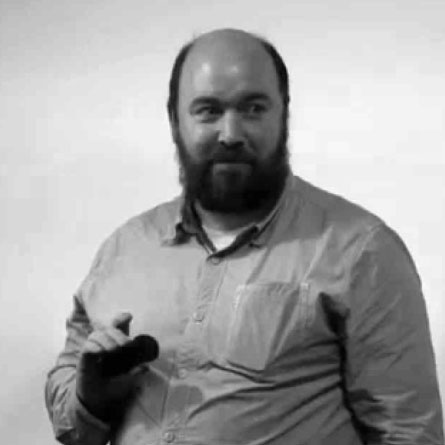 Peter Wells
Peter Wells
31 January 2019 12:00am
The Ecosulis Rewilding Tech Challenge
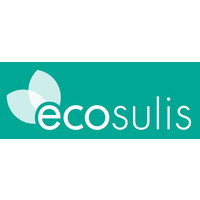 Ecosulis
Ecosulis
14 January 2019 12:00am
WILDLABS Virtual Meetup: Big Data in Conservation
27 November 2018 12:00am
Canopy cameras shed new light on monkey business in Brazil
22 November 2018 12:00am
A technologist's journey to protect wildlife: The reality and potential of conservation technology (recorded talk)
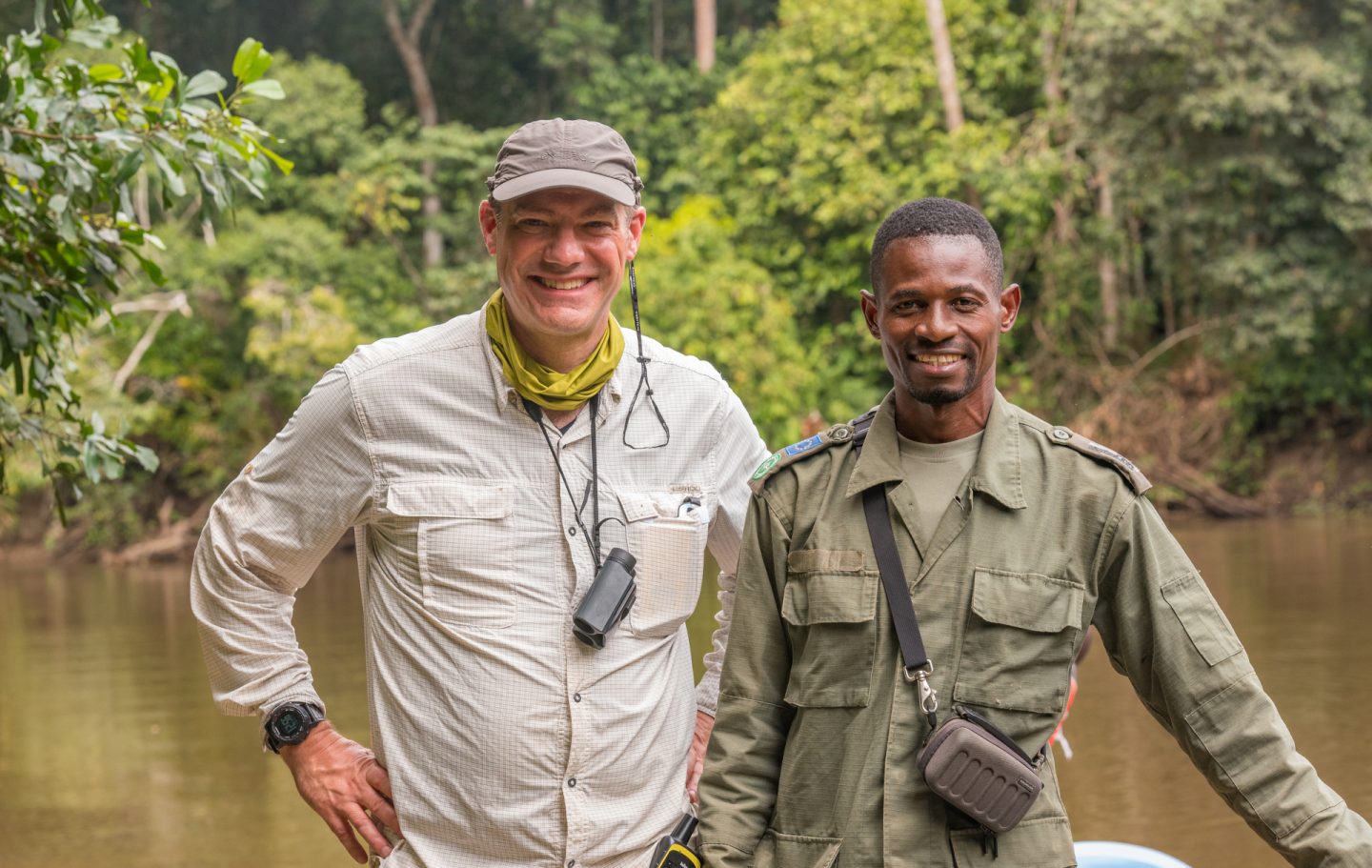 Ted Schmitt
Ted Schmitt
22 November 2018 12:00am
WILDLABS Virtual Meetup: Networked Sensors for Security and HWC Prevention
12 November 2018 12:00am
Tusk Conservation Lecture 2018: Ted Schmitt
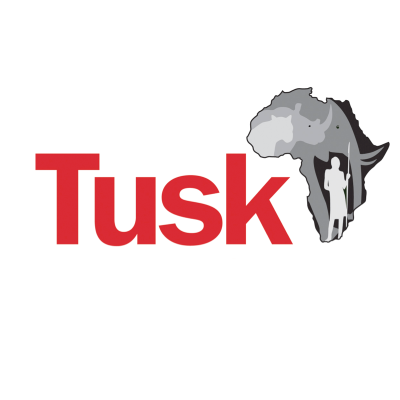 Tusk
Tusk
15 October 2018 12:00am
Biology Undergrad Attempts Automated Species Recognition Using MacBook Air and Google
 Talia Speaker
Talia Speaker
1 October 2018 12:00am
How to share data on species to help conserve them… whilst avoiding them being exploited by poachers
 Ayesha Tulloch
Ayesha Tulloch
20 August 2018 12:00am
Ocean Hack: San Francisco, 10-11th September, 2018
 One Ocean Collab
One Ocean Collab
20 August 2018 12:00am
Thermal Sensor Project Update: Testing with live animals at the San Diego Zoo
 Arribada Initative
Arribada Initative
27 July 2018 12:00am
$90K in grants from the Con X Tech Prize
11 June 2018 12:00am
Webinar: Artificial Intelligence for Earth, Microsoft Research
 Eye on Earth Alliance
Eye on Earth Alliance
23 April 2018 12:00am
HWC Tech Challenge: Thermopile Sensor Project
 Arribada Initative
Arribada Initative
19 April 2018 12:00am
BES Guide to Reproducible Code
27 March 2018 2:50pm
#Tech4Wildlife Photo Challenge 2018: Our Top 10
3 March 2018 12:00am
Congratulations to Zoohackathon winners, team ODINN!
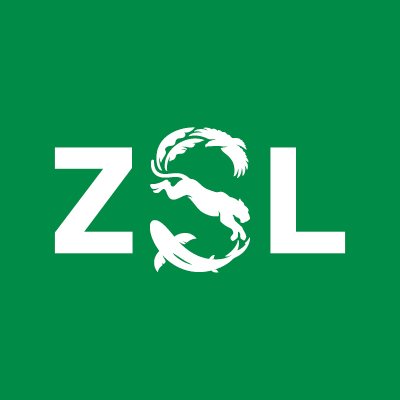 Zoological Society of London
Zoological Society of London
6 December 2017 12:00am
FIT Cheetahs
 Larissa Slaney
Larissa Slaney
4 December 2017 12:00am
How The San Diego Zoo Is Using AI And Drones To Save Polar Bears
 Mark Wallace
Mark Wallace
30 November 2017 12:00am
Automated video count of migratory birds
22 April 2016 8:38am
30 October 2017 11:46am
Hey Steffen,
I know you've had a student working on this challenge for the past year - how is this project progressing? If you (or your student) have a moment, it would be great to hear an update.
@mmckown shared an in depth write up of one their projects that I thought might be relevant, as it seemed they were tackling something similar to what you are looking into? His team at Conservation Metrics (which presumably included @kleinsound) partnered with Microsoft to automate counts of Red-legged Kittiwakes with ML. I know it's not the exactly the same problem you're looking into, however the post covers their end-to-end flow for object detection, so might have some useful ideas/approaches that may have relevance for your work.
Bird Detection with Azure ML Workbench
Introduction
Estimation of population trends, detection of rare species, and impact assessments are important tasks for biologists. Recently, our team had the pleasure of working with Conservation Metrics, a services provider for automated wildlife monitoring, on a project to identify red-legged kittiwakes in photos from game cameras. Our work included labeling data, model training on the Azure Machine Learning Workbench platform using Microsoft Cognitive Toolkit (CNTK) and Tensorflow, and deploying a prediction web service.
In this code story, we’ll discuss different aspects of our solution, including:
- Data used in the project and how we labeled it
- Object detection and Azure ML Workbench
- Training the Birds Detection Model with CNTK and Tensorflow
- Deployment of web services
- Demo app setup
Steph
HWC Tech Challenge Update: Meet the Judges
20 October 2017 12:00am
[ARCHIVED] Fish identification computer vision competition
26 September 2017 8:43pm
29 September 2017 1:00pm
Hi Kate,
It's really exciting to hear that you've now launched the challenge, congratulations on getting to this point! It's going to be interesting to see what solutions come out of the challenge - please do keep us updated as it progresses if you have time. The challenge is focused on the New England fishery - are you envisaging that this is an approach you can take to scale and eventually extend to other fisheries?
To add a bit more information for anyone interested, there's actually $50,000 of prizes attached to this challenge:
Place Prize Amount 1st $20,000 2nd $15,000 3rd $10,000 4th $3,000There is also a wildcard prize:
We're also looking for innovative approaches to solving this fishy problem, even if they don't score in our Top 4. If you want to be eligible for our $2,000 Judges' Choice Award, submit your code on the Submit Report page (available once you've signed up) by the competition end date for review. Our judges will be looking for inventive, novel solutions that can be incorporated into video review programs, so share your most fin-tastic ideas.
Finally, if you're curious to find out more about what led to the challenge, Kate actually wrote a piece called 'Machine learning, meet the ocean' that we published in the resources area a few months ago. Do have a read!
Cheers,
Steph
DAS: A Scaleable Solution For Protected Area Management
 Camellia Williams
Camellia Williams
26 September 2017 12:00am
The Greenhouse 2017: Planet Saving Technology Series (Syd, Australia)
19 September 2017 2:01pm
19 September 2017 2:37pm
If you're interested, you can check out the live recordings from past events (links below take you to the videos):
August: The Blockchain
The Blockchain's potential ability to help leapfrog or change corrupt and inefficient power structures can revolutionize the way we approach issues ranging from the supply chain, financial inclusion, human rights abuses, and modern slavery to environmental, energy, and workforce problems.
One source of shared truth and trusted infrastructure can help NGOs, charities, social entrepreneurs, civil societies and companies achieve their mission.
Come and discover the innovators, leaders, and philosophers in the space showcasing their solutions and meet the technologists who can support your needs.
So what is Blockchain, and is it just hype or is it really a Planet Saving Technology?
Speakers and Panellists
• Dr Jane Thomason - CEO Abt Australia, Social Policy Adviser, Devex Impact Strategic Advisory Council, Commentator Blockchain
• Arthur Falls - Director of Media at Consensys / Podcaster, State Change & The Ether Review Podcasts
• Bubba Cook - Pacific Tuna Programme Manager, WWF NZ / Pacific
• Leah Callon-Butler - Member, Advisory Board, RedGrid
• Bridie Ohlsson - External Relations, AgriDigital
July: Virtual Reality and Augmented Reality
With it's origins in science fiction, the idea of Virtual Reality has been around since the 1950's, but in the last few years, with the promise of mobile computing, it's suddenly the talk of the town.
Many are excited by the deep immersive nature and empathetic story telling potential of VR/AR and see huge opportunity in awareness raising and shifting public opinion around important issues.
So what is VR, and it's related technology cousin Augmented Reality, an is it a potential Planet Saving Technology?
Speakers and Panellists
We have a bumper, star-studded panel to unpack, explain and explore this promising technology..
• Kim McKay - CEO, Australian Museum
• Brennan Hatton - Founder, Equal Reality (Augmented Reality Development)
• Parrys Raines - FBGen / Future Business Council / Climate Girl
• Jennifer Wilson - Creative/Digital Strategist, Founder, Lean Forward
• Mikaela Jade - CEO, Indigital (Indigenous storytelling with AR)
• Scott O'Brien - CEO, Humense (Volumetric Video + Virtual Reality) (Panel Moderator)
June: Smart Cities and the Internet of Things
What is a Smart City? How will Smart Cities change the way we organise our lives? Will they bring about the so-called ‘fourth industrial revolution’?
What is the Internet of Things, and does it have the potential to be a Positive Impact Techonology? What are the opportunities and what are the risks?
We explore all this and more in the first of our deep dives into Planet Saving Technology: Smart Cities and the Internet of Things.
Speakers and Panellists
• Frank Zeichner - CEO, IoT Alliance Australia
• Angela Bee Chan - Schneider Electric / Hackathons Australia
• Ben Moir - Snepo Fablab / WearableX
• Monica Richter - Low Carbon Futures, WWF Australia.
• Andrew Tovey - Total Environment Centre, TULIP/Smart Locale (Panel Host)
Deep Learning Project Repository
10 December 2015 7:53pm
5 August 2016 2:38pm
NOAA Right Whale Recognition Competition, January 2016
364 teams | $10,000 prize
https://www.kaggle.com/c/noaa-right-whale-recognition
Competition Details:
With fewer than 500 North Atlantic right whales left in the world's oceans, knowing the health and status of each whale is integral to the efforts of researchers working to protect the species from extinction.
Currently, only a handful of very experienced researchers can identify individual whales on sight while out on the water. For the majority of researchers, identifying individual whales takes time, making it difficult to effectively target whales for biological samples, acoustic recordings, and necessary health assessments.
To track and monitor the population, right whales are photographed during aerial surveys and then manually matched to an online photo-identification catalog. Customized software has been developed to aid in this process (DIGITS), but this still relies on a manual inspection of the potential comparisons, and there is a lag time for those images to be incorporated into the database. The current identification process is extremely time consuming and requires special training. This constrains marine biologists, who work under tight deadlines with limited budgets.
This competition challenges you to automate the right whale recognition process using a dataset of aerial photographs of individual whales. Automating the identification of right whales would allow researchers to better focus on their conservation efforts. Recognizing a whale in real-time would also give researchers on the water access to potentially life-saving historical health and entanglement records as they struggle to free a whale that has been accidentally caught up in fishing gear.
From what I can gather, the winning solution was submitted by deepsense.io. They've written a full blog post about it here:
http://deepsense.io/deep-learning-right-whale-recognition-kaggle/
9 October 2016 12:12am
Wildbook / IBEIS. Open-source effort to combine web-based mark-recapture database with ML/CV photo detection and identification. http://wildbook.org
[ Full disclosure: I am a member of the non-profit team working on this project! ]
2 September 2017 7:40am
Hypraptive and Brown Bear Research Network collaboration to develop a deep learning, brown bear face identification system: BearID Project.
[Disclosure: I am a member of hypraptive, and maintain the hypraptive blog]
MIT's SLOOP: machine learning (ML) animal image recognition
27 July 2017 2:04am
27 August 2017 7:20am
It looks like they haven't updated for a couple of years do you know if it is still active or are they changing to a different system like tensor flow?
From the Field: Developing a new camera trap data management tool
 Heidi Hendry
Heidi Hendry
7 July 2017 12:00am
Leverage Space Technology for Wildlife Protection with the European Space Agency Kick-start Grant
5 July 2017 12:00am
Trialing Audiomoth to detect the hidden threats under the canopies of Belize
 Andrew Hill
Andrew Hill
27 June 2017 12:00am

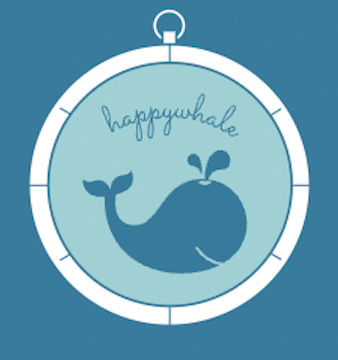







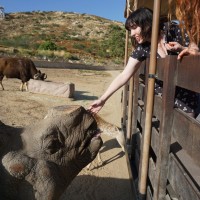



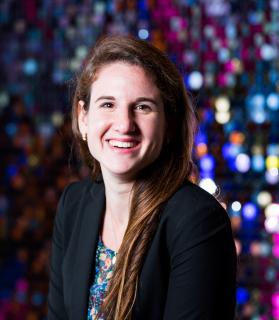









31 March 2023 2:15pm